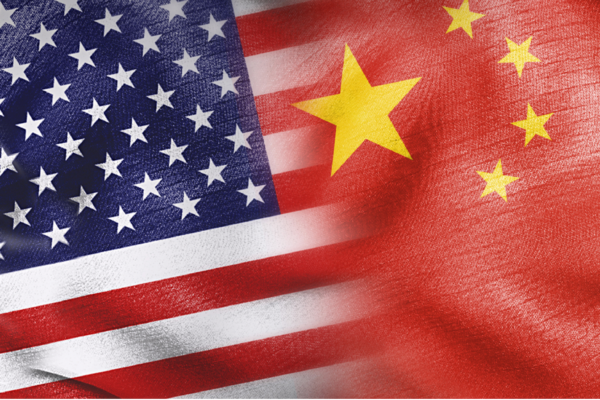Workers say some 60 Cambodian rescued maids still in Saudi Arabia
Some 60 Cambodian maids who complained publicly about abuse and labor rights violations remain stranded in Saudi Arabia, several workers told Radio Free Asia, several months after pleading with diplomats and others for help. The women, who went to the Middle Eastern country for jobs, said they have been physically abused by their employers and denied food and sleep. Some said they hadn’t been paid or were told they would be required to work for longer than their contracts stipulated. The maids and other workers in Saudi Arabia first sought Cambodian government intervention and assistance in March. In April, Cambodia’s Labor Ministry said 78 migrant workers who had been misled into working in Saudi Arabia had been placed in hotel rooms under the care of Cambodian diplomats. Two dozen women returned home in May. Another 48 women have since been flown back to Cambodia, according to Em Bopha, one of the workers who is still in Saudi Arabia. A total of 133 Cambodian workers have been removed from their abusive employment situations. The 60 workers still in Saudi Arabia have been staying at several different facilities while diplomats arrange for their return, she said. Cambodian company Fatina Manpower Co. Ltd. helped arrange the contracts between the workers and their Saudi employers, and is now working on their return. The remaining workers suspect the delay in sending them back to Cambodia is rooted in Fatina Manpower’s inability to pay compensation to partner companies in Saudi Arabia, Em Bopha said. The owner of Fatina Manpower, Man Teramizy, is a senior official at Cambodia’s Ministry of Labor. Radio Free Asia was unable to reach the ministry’s spokesperson, Katta Orn, for comment on June 24. Cambodia’s ambassador to Egypt, Uk Sarun, said a group of about a dozen maids who left one of the holding facilities for a day on June 20 has complicated diplomatic efforts to coordinate their return. The workers have been frustrated by the delays and uncertainty, Em Bopha said. But fleeing from the facility was “insulting,” Uk Sarun told RFA. “We have tried very hard,” he said. “We are still waiting for responses [from the company]. But now it’s a little more difficult. I asked them for understanding and I told them to return to the company’s facility.” Translated by Sovannarith Keo. Edited by Matt Reed.


